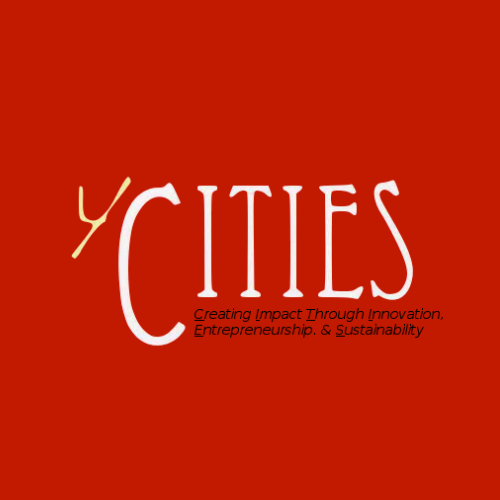Eliminate Waste – that is one of the key objectives associated with current sustainability thinking and teaching. Some organizations, like Terracycle, strive so far as to eliminate the idea of waste. Yet, whether in practice or in principle, the goal is to examine existing waste streams (outputs) and find ways to make them inputs into some other useful process. It may sound easy, but it’s not, which is why we do not yet have ways to reuse and recycle everything we throw away today.
This week’s post was inspired by the reality TV show Shark Tank (Episode 409). [As a general rule, I dislike reality TV. But, I make an exception for Shark Tank simply because I love to hear the creative business ideas of regular Americans. I find many of the stories inspiring…I digress.]
Every year in the U.S., more than 25 million Real Christmas Trees are cut down and sold for a few days of holiday glory. After the holiday, hopefully not before, those trees die and are thrown away. Many recycling programs exist to promote natural composting. However, for every tree cut down up to three trees must be planted the following year because, on average, it takes seven years for Christmas trees to grow to size (and not all of the trees will survive so we have to plant more than we expect to harvest in seven years).
One entrepreneur who visited the Shark Tank developed a strategy to eliminate a huge portion of the waste generated by the holiday tree industry each year. Scott Martin, a.k.a. Scotty Claus, is the founder of The Living Christmas Company. Scott’s business idea was to develop a tree farm that can harvest and replant Christmas trees year after year.
The Living Christmas Co. will select, harvest, and deliver a tree to a family’s door per their order instructions. Then, after the holidays, the company with pick up the tree, return it to the farm, and replant it so that it continues growing for the following year. No more wasted trees! And, a family can even adopt the tree so that they get the exact same Christmas tree every year, in effect allowing the tree to grow with the family.
The business model is a very interesting concept that provides a valuable service to families during the holiday season, eliminates waste in the Christmas tree industry, and creates jobs for American veterans of war. “Shark” Mark Cuban, owner of the NBA’s Dallas Mavericks, believed in the idea enough to invest $150,000 for a 40% ownership stake in the company.
This is an example of one man’s dream to sustainably address a problem he has identified. There are millions of other great business ideas out there and millions more yet to be had. I can really appreciate Shark Tank for bringing entrepreneurship to popular TV. Maybe one day we’ll get to watch a Youth CITIES entrepreneur make a deal with a “shark”.
…And just in case you’re wondering if a reusable artificial tree may be a better option, consider what Earth 911 has to say about the non-biodegradable, petroleum-based plastics used in artificial trees.
Merry decorating and Happy Holidays!!
